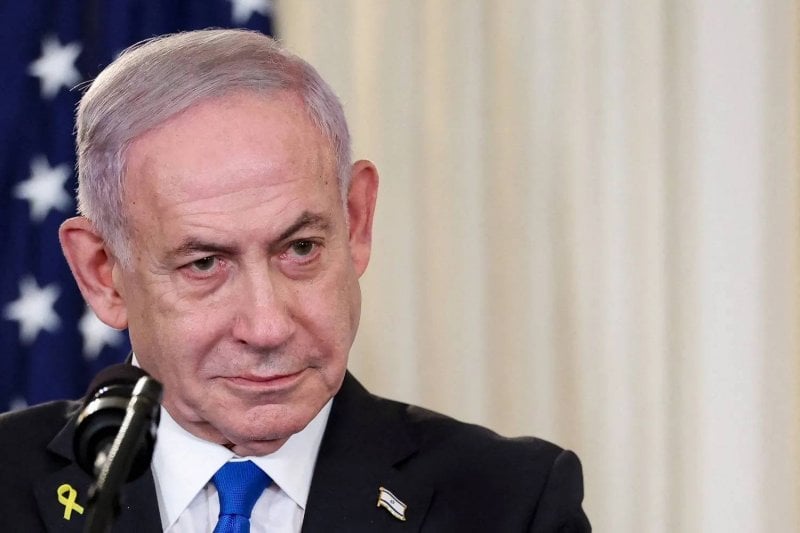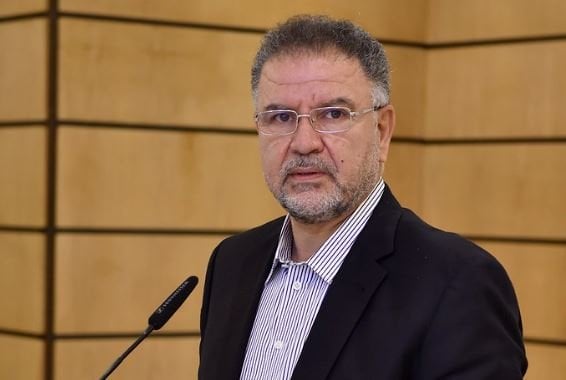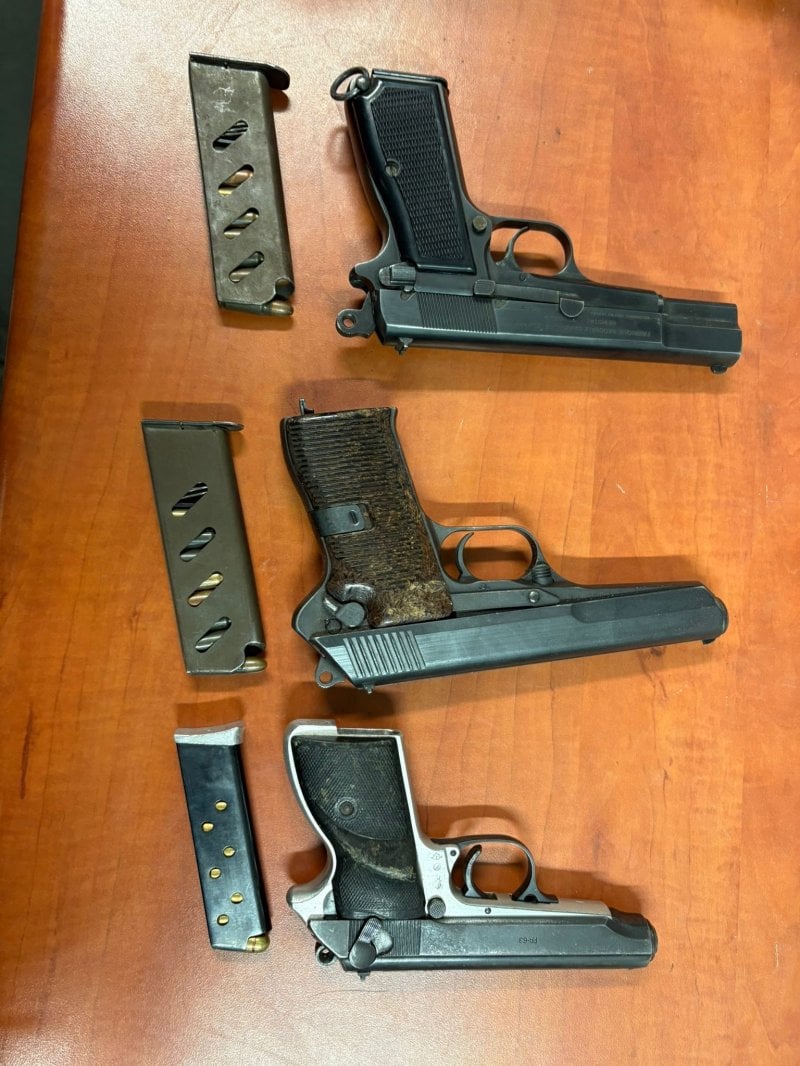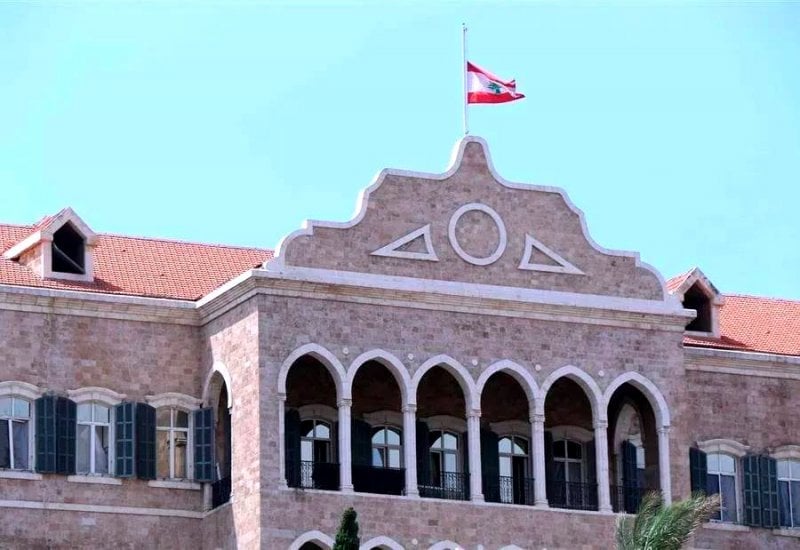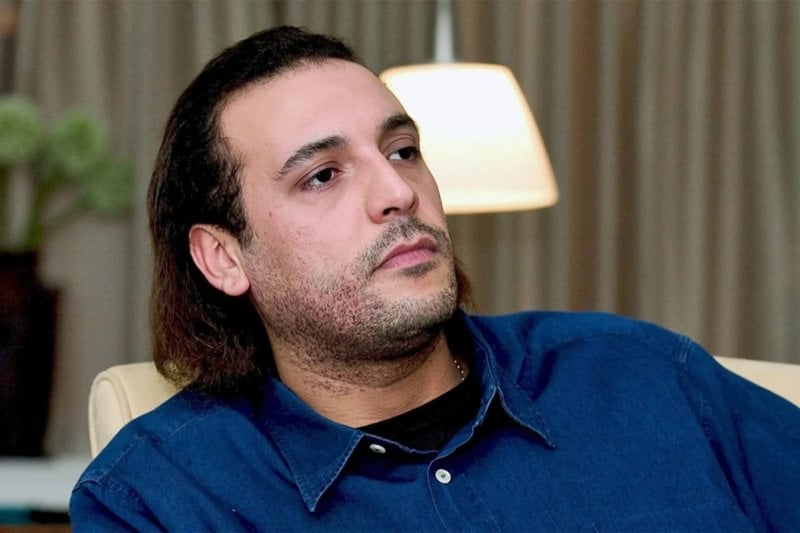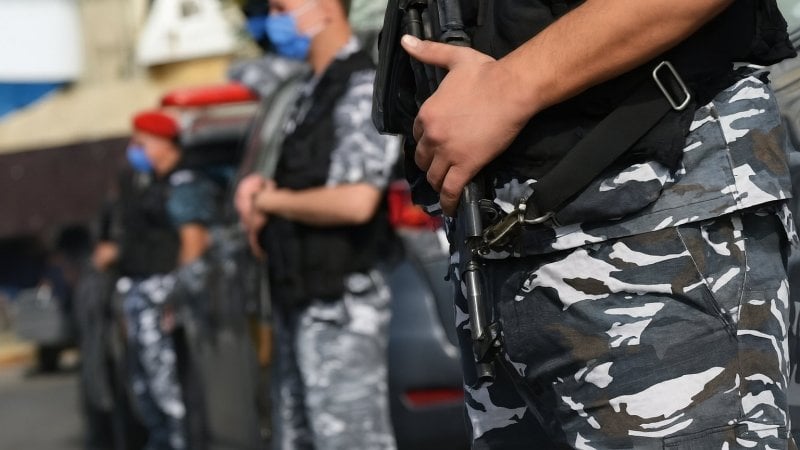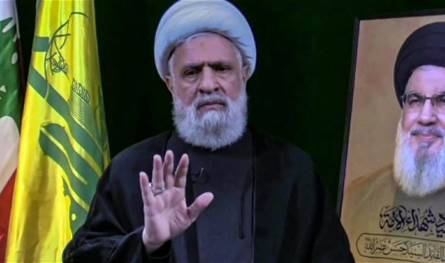
The atmosphere conveyed by visitors to the Republican Palace from President Joseph Aoun in terms of his satisfaction with the course of affairs in the region after the “flood of the peace process,” in addition to his reassurance that there will be no new Israeli war on Lebanon, reflects a general situation in Lebanon and the neighborhood, and an American atmosphere that may crystallize little by little regarding the future of the Lebanese situation and the extent of its connection to the comprehensive peace process, which still needs to strengthen its foundations, and this is what is being worked on.
It is likely that this crystal will follow a different path than the previous ones. The delay of the American envoy, Morgan Ortagus, in her return to Lebanon may have some topical reasons, which have a direct relationship to the new American policy, pursued by President Donald Trump, which is in the process of putting the final touches on the comprehensive solution, which began with Gaza and later included Lebanon and Syria, all the way to Iraq, and without neglecting the stimulating roles of the Arab Republic of Egypt and the Hashemite Kingdom of Jordan in the comprehensive peace process.
President Aoun’s satisfaction stems from the data he possesses, supported by diplomatic reports. These data indicate, according to visitors to Baabda, a gradual and steady improvement of the general situation in Lebanon, in light of what was stated in the first report of the army leadership on the extent of adherence to the dates specified in the army’s plan.
Hence, Lebanon is trying to invest the Arab and international support enjoyed by the Covenant in consolidating the foundations of the institutional state, by implementing the “weapon exclusivity” decision, in addition to correcting relations with Syria and removing the impurities that have plagued it in the past decades. The importance of this external support for Lebanon was highlighted by US President Donald Trump’s remarkable praise of President Aoun, and the army’s plan to restrict weapons.
Although the President of the Republic clearly expressed Lebanon’s desire to take the path of negotiation with Israel with the aim of finding solutions to the outstanding issues, the immediate Israeli answer, in the complete absence of American diplomacy, came through intense air strikes in the Bekaa and the South, in an escalation that carried with it more than a military and security significance, in addition to that it directly carried clear political messages that expressed, in a way that cannot be interpreted or interpreted, the rejection of any change. In the Israeli strategy it is pursuing in the Lebanese arena, by insisting on using surplus force, in an attempt to impose a fait accompli on the ground without the need to open negotiating channels. The faltering path of the American settlement with regard to the Gaza Strip may be the best example that Tel Aviv has not yet reached the stage of coexistence with the Palestinian reality in the first place, and with the reality of its surroundings, whether with Lebanon or Syria, in the second degree, because most of what it seeks is bilateral security agreements that do not necessarily mean bringing its options to the level of what the American president aspires to. Everything that Benjamin Netanyahu’s government wants has become clear and unchangeable until further notice, and it is summarized in what Lebanon is demanding in terms of disarming Hezbollah without its willingness in return to make any concessions, at least in terms of withdrawing its army from the five hills, which it still occupies, and through which it can control by fire the largest part of the southern region.
On the other hand, Hezbollah will oppose in principle any call to negotiate with Israel or sit with any of its representatives, and it expressed, according to some close to the Haret Hreik climate, its discomfort with what President Aoun said. However, the “party” will avoid a clear position on the issue, lest it disturb relations between it and the President of the Republic again.
Some diplomatic circles believe that President Aoun’s words are like a trial balloon awaiting the completion of the second phase of the settlement in Gaza. However, political realism, which was established at the Sharm El-Sheikh summit, requires all political forces in Lebanon to deal with it with an open mind, as it is illogical for Lebanon to go to Hajj at a time when everyone around it is returning from it.
However, the recent escalation in Israeli attacks, in the Bekaa and the South, proves that Israel is trying to impose a fait accompli on Lebanon, as it imposed in Gaza, even through Washington, that it will not negotiate until the “scorched earth” policy is completed, at a time when Lebanon refuses to negotiate under fire. The basic condition for the official Lebanese position is that Israel withdraws from every inch it occupies and stops its daily attacks, provided that the armistice agreement is discussed as a final option for Lebanon among other options, the most bitter. (For related search)



